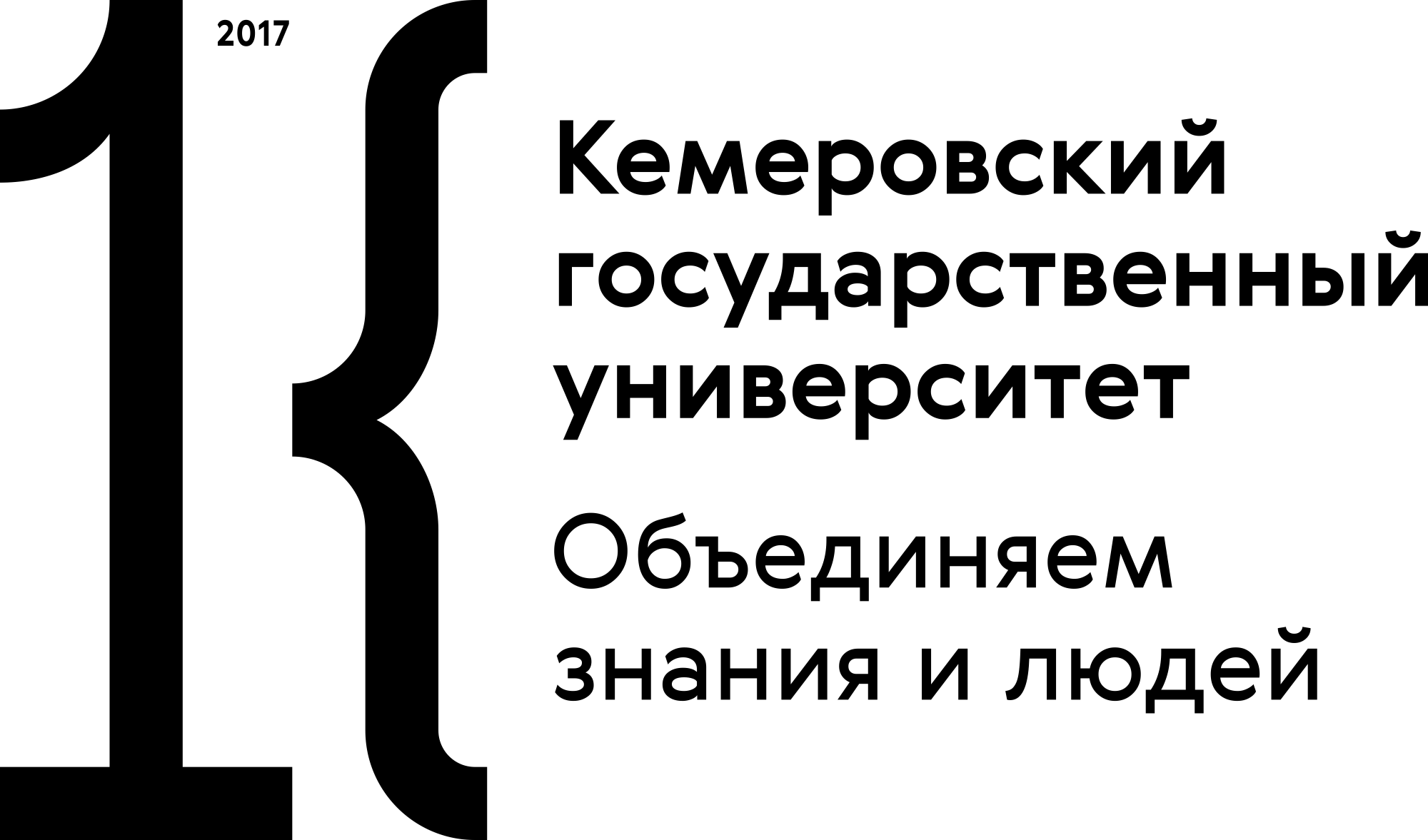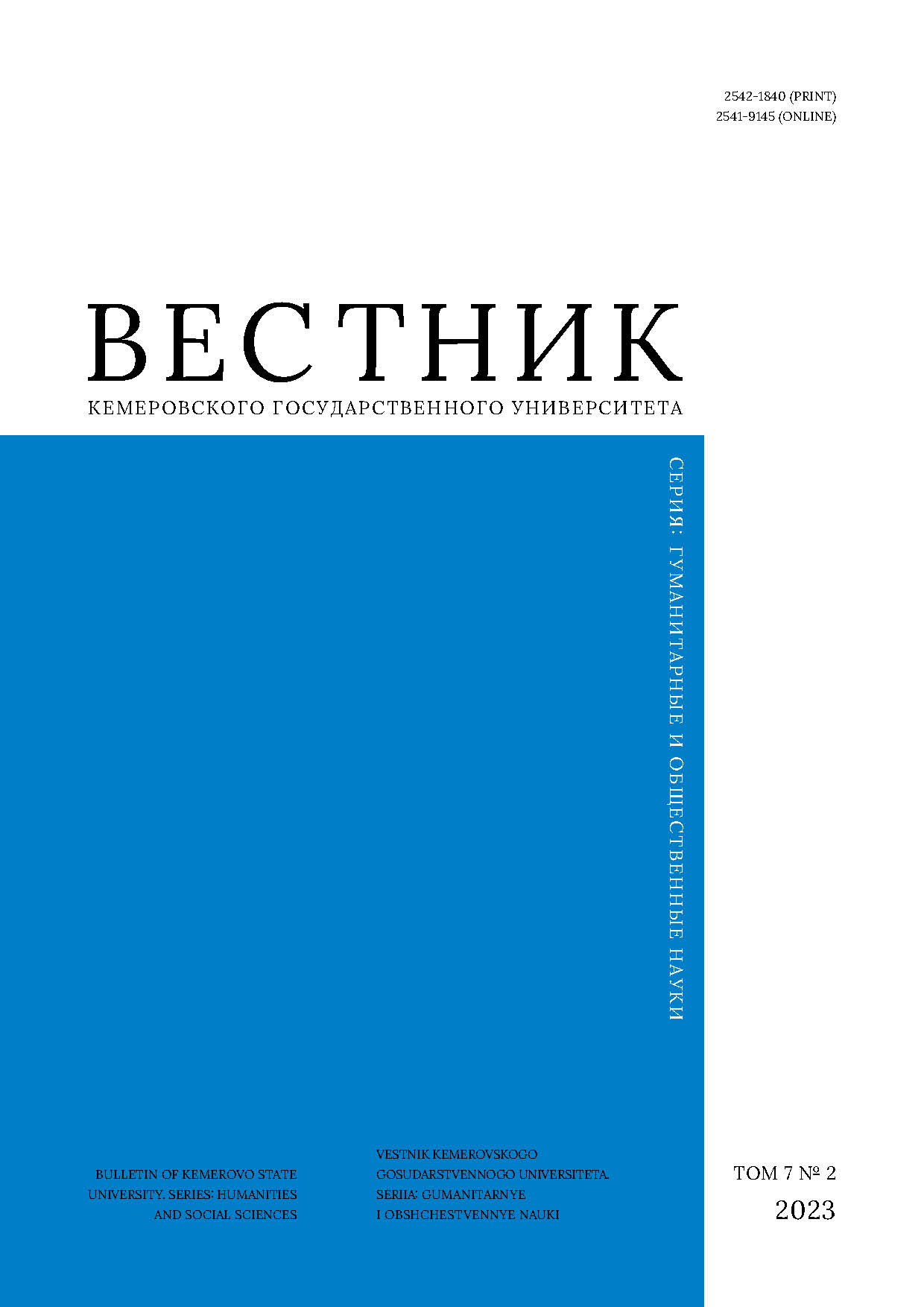St. Petersburg, Russian Federation
St. Petersburg, Russian Federation
St. Petersburg, Russian Federation
St. Petersburg, Russian Federation
The article introduces the conditions for the development and improvement of professional language competencies in complex rehabilitation specialists as part of additional professional education. The study covered the theory and practice of teaching foreign languages in the system of additional professional education for specialists in complex rehabilitation. It involved 76 students of advanced training and focused on the requirements for professional labor functions in the curriculum for social workers. The new teaching methodology improves complex rehabilitation skills aimed at extracting information from professional texts and developing a foreign language communicative competence. To overcome some difficulties in pronunciation, vocabulary, and grammar, the authors compared these issues with the speech of patients with disabilities and applied methods for correcting speech disorders, which increased the practice orientation in the future rehabilitation workers. The methodology included authentic foreign literature, professional community sites, modern information tools, and gaming technologies. Such interdisciplinarity expanded the vocabulary of specialists as it introduced them to the international professional terminology. The motivational and linguistic components were able to improve the language competence in complex rehabilitation specialists during their additional professional education.
professional standard, professional education, professional linguistic competencies, comprehensive rehabilitation, gaming technologies, assistive technologies, alternative and additional communication
1. Loginova E. T., Matveeva M. V. New approaches to the question of training for the system of comprehensive rehabilitation and habilitation of disabled. Bulletin of Nizhnevartovsk State University, 2021, (4): 27-36. (In Russ.) https://doi.org/10.36906/2311-4444/21-4/03
2. Berdnikovich E. S., Orlova O. S., Uklonskaya D. V. Personalized approach in speech rehabilitation: focus on the patient. Special Education, 2022, (1): 20-34. (In Russ.) https://elibrary.ru/nfnlyw
3. Lomteva T. N., Shchegoleva O. N. Key competencies of a specialist-linguist and ways of their formation. Sovremennye naukoemkie tekhnologii, 2004, (6): 64-65. (In Russ.) https://elibrary.ru/ijmqgx
4. Vorobyeva T. I. The objectives of professionally oriented language training at a technical higher education institution. Siberian Pedagogical Journal, 2015, (1): 57-61. (In Russ.) https://elibrary.ru/tktogb
5. Moshcheva S. V. Developing professionally oriented linguistic competence (reflections on the modern foreign language teaching in technical higher school). Prepodavatel XXI vek, 2010, (3-1): 175-181. (In Russ.) https://elibrary.ru/nbsgoh
6. Tsiku L. Kh., Arutyunov E. K. Formation of competencies in the process of teaching a foreign language. International Journal of Experimental Education, 2014, (10): 316-317. (In Russ.) https://elibrary.ru/suepdj
7. Efremtseva T. N. Professional linguistic competences in a career: international standards and experience. Vestnik RMAT, 2012, (1): 58-62. (In Russ.) https://elibrary.ru/qgscjd
8. Lagun I. M., Kuzmina E. N., Nenilina N. G. Language problems of professional competence development when teaching in pre-university stage. Vestnik Tulskogo gosudarstvennogo universiteta. Seriia: Sovremennye obrazovatelnye tekhnologii v prepodavanii estestvennonauchnykh distsiplin, 2019, (1): 83-87. (In Russ.) https://elibrary.ru/gmnwuz
9. Myasagutova A. F., Valiullina G. V., Mukhametzyanova F. G. The development of verbal communication in preschoolers with autism spectrum disorder means PECS. Kazan Bulletin of Young Scientists, 2019, 3(4): 25-37. (In Russ.) https://elibrary.ru/vmtjyf
10. Volkmer A., Rogalski E., Henry M., Taylor-Rubin C., Ruggero L., Khayum R., Kindell J., Gorno-Tempini M. L., Warren J. D., Rohrer J. D. Speech and language therapy approaches to managing primary progressive aphasia. Practical Neurology, 2020, 20(2): 154-161. https://doi.org/10.1136/practneurol-2018-001921
11. Uklonskaya D. V., Pokrovskaya Yu. A., Agaeva V. E. Logopedic intervention aimed at correction of neurogenic dysphagia in pareses and paralyses of the larynx of peripheral genesis. Special Education, 2019, (3): 92-103. (In Russ.) https://doi.org/10.26170/sp19-03-07
12. Baus C., McAleer P., Marcoux K., Belin P., Costa A. Forming social impressions from voices in native and foreign languages. Scientific Reports, 2019, 9. https://doi.org/10.1038/s41598-018-36518-6
13. Speech therapy. Methodological legacy. Book 2. Violations of the pace and rhythm of speech: Stuttering. Bradilalia. Tahilalia, ed. Volkova L. S. Moscow: Akad. proekt, 2020, 431. (In Russ.)
14. Galeoto G., Polidori A. M., Spallone M., Mollica R., Berardi A., Vanacore N., Celletti C., Carlizza A., Camerota F. Evaluation of physiotherapy and speech therapy treatment in patients with apraxia: a systematic review and meta-analysis. Clinica Terapeutica, 2020, 171(5): e454-e465. https://doi.org/10.7417/CT.2020.2257
15. Palmer R., Dimairo M., Cooper C., Enderby P., Brady M., Bowen A., Latimer N., Julious S., Cross E., Alshreef A., Harrison M., Bradley E., Witts H., Chater T. Self-managed, computerised speech and language therapy for patients with chronic aphasia post-stroke compared with usual care or attention control (Big CACTUS): a multicentre, single-blinded, randomised controlled trial. The Lancet Neurology, 2019, 18(9): 821-833. https://doi.org/10.1016/S1474-4422(19)30192-9
16. Castro S., Wodniecka Z., Timmer K. Am I truly monolingual? Exploring foreign language experiences in monolinguals. PLoS One, 2022, 17(3). https://doi.org/10.1371/journal.pone.0265563
17. Kaspin I. V. English phonetics and reading rules for beginners. St. Petersburg: VVM, 2004, 152. (In Russ.)
18. Skulanova A. Yu. English without an accent: how to independently master English pronunciation: a study guide. Moscow: Eksmo, 2017, 176. (In Russ.)
19. Bobylova M. Yu., Kapustina A. A., Braudo T. A., Abramov M. O., Klepikov N. I., Panfilova E. V. Motor and sensory alalia: diagnostic difficulties. Russkiy zhurnal detskoy nevrologii, 2017, 12(4): 32-42. (In Russ.) https://doi.org/10.17650/2073-8803-2017-12-4-32-42
20. Kovshikov V. A. Expressive alalia and methods of overcoming it. 4th ed. St. Petersburg: KARO, 2018, 304. (In Russ.)
21. Vechkanova I. G., Zhukova A. E., Yurchenko T. I. Game technologies for physical culture and health-improving activities of children with disabilities: cubes "Movement". St. Petersburg: ALMA, 2022, 104. (In Russ.) https://elibrary.ru/qlvwyc
22. Guidelines for the creation of special conditions for the organization of education for children in orphanages-boarding schools of the social protection system, including within the framework of inclusive education, authors and comps. Romanova E. A., Zavodilkina O. V., Karanevskaya O. V., Fedina A. K., Popova M. G.; ed. Tsarev A. M. Pskov: FRTs IN TMNR, 2019, 224. (In Russ.)
23. Malysheva E. B., Okereshko A. V. Roles of foreign language teacher for students majoring in linguistic and cultural studies. Teaching Methodology in Higher Education, 2017, 6(21): 67-74. (In Russ.) https://doi.org/10.18720/HUM/ISSN2227-8591.21.7
24. Gordzheladze L. V. Development of speaking skills in English by visiting a conversation club. Molodoi uchenyi, 2023, (2): 447-449. (In Russ.) https://elibrary.ru/xlvtpw
25. Guidelines for the use of alternative and augmentative communication (AAC) in stationary social service institutions, ed. Karanevskaya O. V. Moscow: Terevinf, 2022, 252. (In Russ.)


















